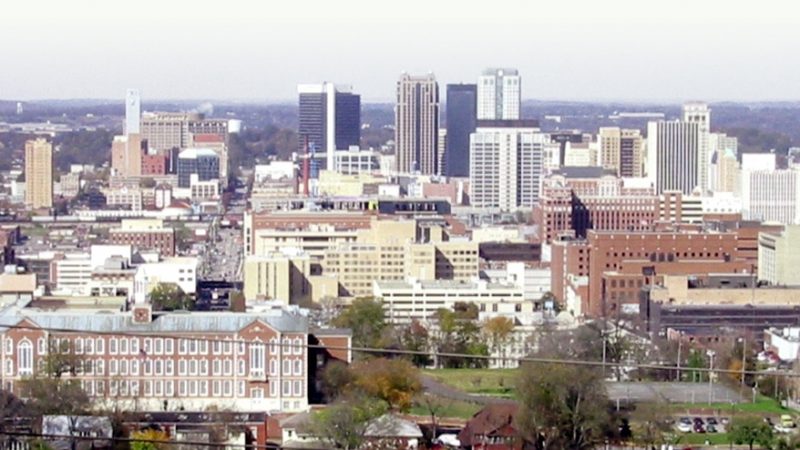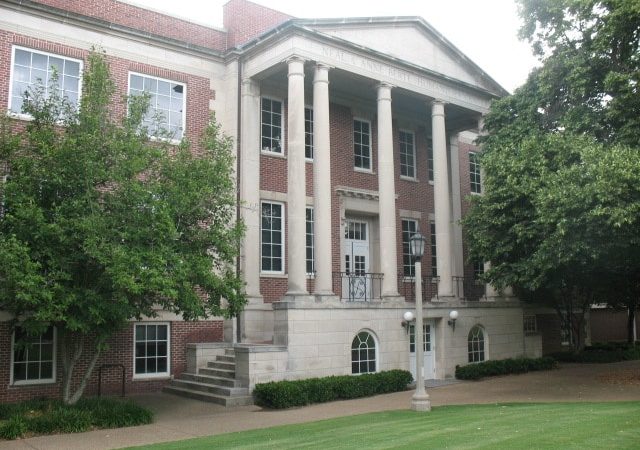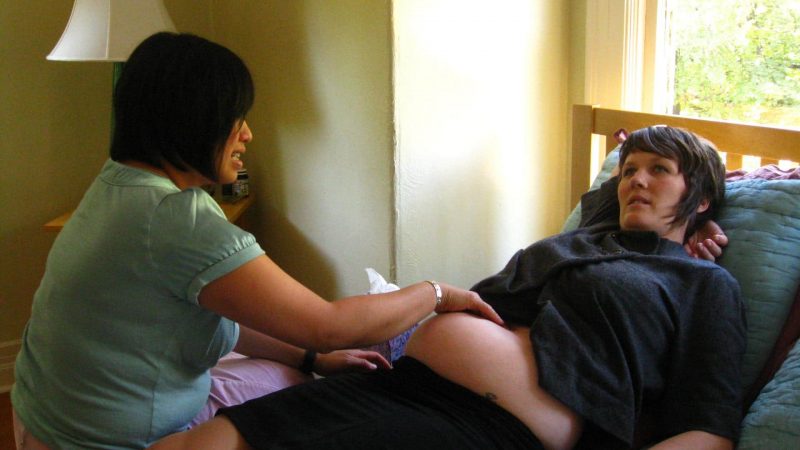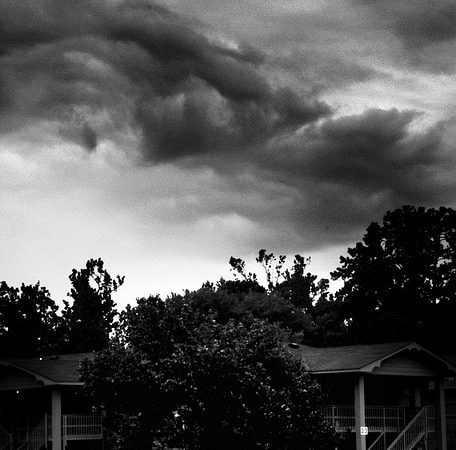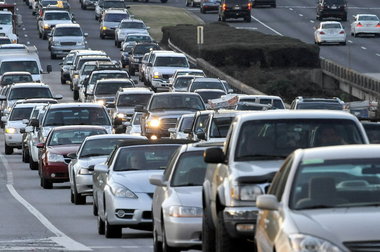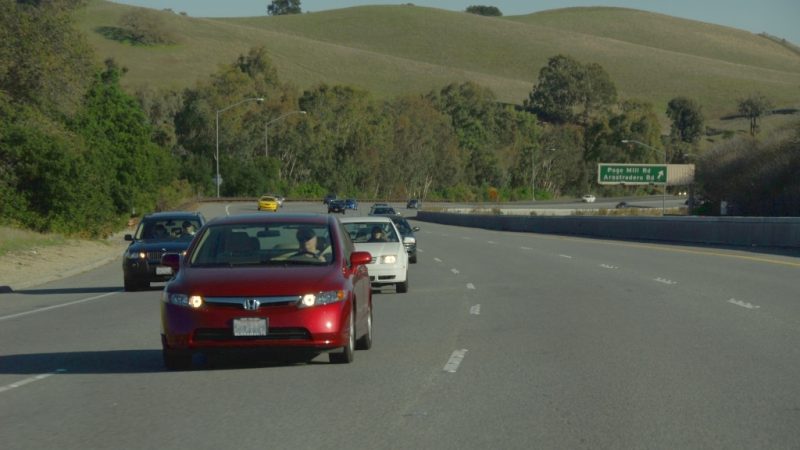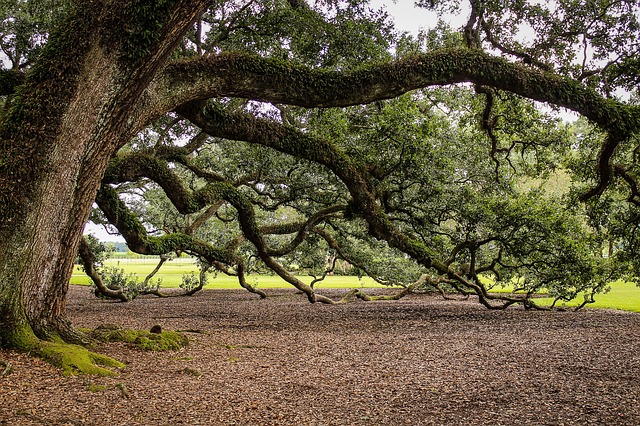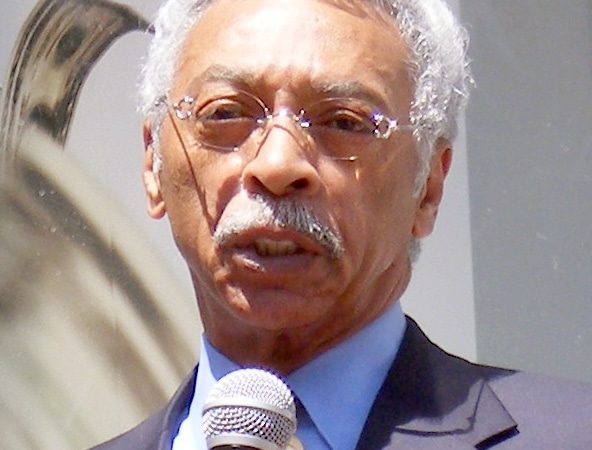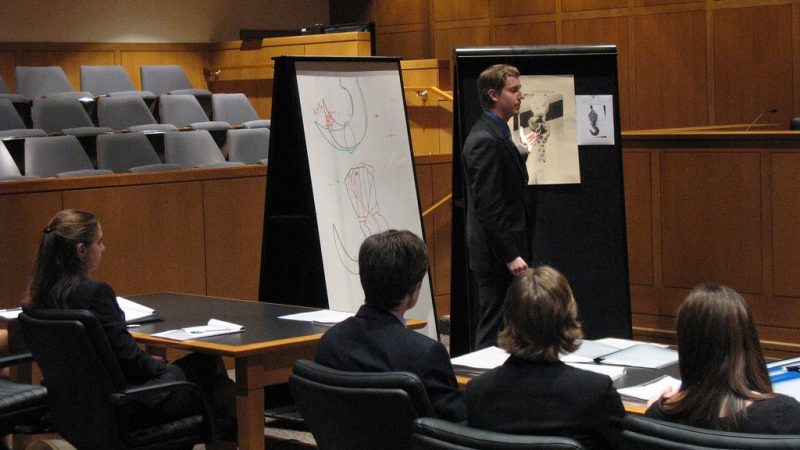Tanya Ott
Tanya Ott is a part-time editor at WBHM and instructor for the University of Alabama's journalism department. She hosts a podcast on business strategy and emerging technologies and trains public radio newsrooms around the country. Over her 30+ year career, she has reported for Marketplace, NPR and other networks and worked at local stations in Florida, Colorado, Georgia and Alabama, including as WBHM's news director from 2002-2013.
The Price of Poverty
What are the essentials of life? Food, water, and shelter. And to get those you have to have some kind of paying work or be enrolled in a government assistance program. But for the working poor (many of whom don't qualify for government assistance) even the basics can be too expensive. We'll explore this today (8/27) at noon on WBHM's On The Line: The Price of Poverty.
Price of Poverty: Time Banks
In times of economic instability many people turn to friends and family. But there's a new twist on that practice and it's called Time Banking. Members of time banks earn and spend "time" dollars by using their skills for other members.
Birmingham-Southern’s Struggles: a Student Perspective
When students return to Birmingham-Southern College next week, they'll find a school that's $10 million in debt and has a new interim president. Budget cuts also forced the elimination of 51 faculty and staff positions and five majors. What do students think?
Price of Poverty: Food Deserts
What are the essentials of life? Food, water, and shelter. And to get those you have to have some kind of paying work or be enrolled in a government assistance program. But for the working poor even the basics can be too expensive. They often cost more for working poor than for middle class people, as we'll explore this week in our series "The Price of Poverty". We start today with a report on food.
Child Care Subsidies at Risk
Birmingham's Child Care Resources has traditionally offered subsidies to help families pay for care. But recent budget cuts mean they're having to scale back the program at a time when the number of families needing it has increased.
Vestavia Hills: Library in the Forest
When Vestavia Hills announced it was building a Library in the Forest residents cheered. The old library is small and not very inviting. The new one will be big, airy and environmentally-friendly. But it's not without challenges.
Oil Spill and Hair Sausages
Many of us watch the coverage of the BP Oil Spill and wonder: What can we do to help? Some people are traveling to the Gulf region to volunteer. But others who can't make the trip are getting creative with hair?
Anne Frank and Me
What happens when a young holocaust denier travels back in time and finds herself sharing a cattle car ride to Auschwitz with Anne Frank.
Midwives in Alabama
Most babies in the U.S. are born in a hospital. But increasingly, moms who want more control over the process are choosing to give birth at home. Many of them get help from a midwife. But in Alabama that's not an option.
New EPA Sulfur Dioxide Rules
Next week, the U.S. Environmental Protection Agency will release much-anticipated new rules limiting sulfur dioxide in the air. When sulfur dioxide spews from smoke stacks and diesel engines it can cause acid rain. But that's just the beginning of the problem.
Alabama and the Oil Spill: Seafood Safety
The oil spill in the Gulf of Mexico is looming over the seafood industry. Early tests don't show substantial chemical contamination of Gulf seafood. But officials have closed many fishing grounds. And that means we're going to see more imported seafood in the coming months. But as WBHM's Tanya Ott reports, some people question the safety of those imports.
Alabama and the Oil Spill: One Family’s Story
The explosion of the Deepwater Horizon oil rig in the Gulf of Mexico is wreaking widespread environmental havoc. But there's a very personal chaos playing out in thousands of homes up and down the coastline. The oil spill has put many people out of work, and as WBHM's Tanya Ott reports many families are being forced to rethink their financial lives.
Alabama and the Oil Spill: Hurricane Season
Hurricane season starts in just a few weeks, and experts say it's going to be an active year. What happens if a tropical storm hits while there's still oil in the gulf waters?
Alabama and the Oil Spill: Tourism Takes a Hit
Federal officials continue to monitor the oil spill in the Gulf of Mexico. The latest projections indicate that, at least for, now the oil seems to be moving away from the Alabama coast. But people who make their living off tourism in the Gulf Shores and Orange Beach areas say it might not matter if oil never hits the state. A lot of damage has already been done. WBHM's Tanya Ott reports.
Sleepy Mamas
The clock is ticking. Have you bought Mom a mother's day gift? If not, here's some advice from WBHM's Tanya Ott - Forget the candy and the flowers. Give mom some extra hours of sleep!
Alabama and the Oil Spill: Protecting the Beaches
BP continues to try to stop the flow from the oil leak in the Gulf of Mexico. Oil has already come ashore in Louisiana. And other coastal communities are scrambling to prepare. As WBHM's Tanya Ott reports, volunteers in Alabama are taking some low-tech steps to protect the shore.
On The Line: Fixing 280
It's the road you love to hate. But state officials say they have a plan to ease congestion on U.S. 280. Some business leaders like the idea. Local government officials are split on it. And a group of citizens has proposed an alternative plan. Friday (4/30) at noon on WBHM we discuss all this and more during On The Line: Fixing 280.
The Oil Spill & Alabama
Governor Bob Riley and Alabama's cabinet heads are working on plans to deal with the massive oil spill that threatens to come ashore this weekend. When an oil rig off the coast of Louisiana exploded last week, gulf coast officials knew they had a problem on their hands. But it's worse than they originally thought.
US 280: The Environmental Perspective
All this week on Morning Edition/All Things Considered we're examining the state's proposed elevated toll road for U.S. 280. Yesterday we talked with someone from the Birmingham Business Alliance, one of the plan's biggest cheerleaders. Today, we hear from Gil Rogers, a senior attorney with the Southern Environmental Law Center.
US 280: Local Governments React
If you've ever driven down Highway 280 you know how congested it can be. The state wants to build an elevated toll road and expanded lanes, but municipal leaders are split on the plan.
Seagrass Beds in Crisis
Alabama is losing sea grass beds at an alarming rate, according to researchers at the Dauphin Island Sea Lab. A new aerial survey indicates that Mobile Bay lost nearly 1,400 acres of sea grass in recent years. That comes on top of significant grass losses over the last quarter century.
Faith & Fitness
Many churches teach that the body is a temple for the spirit. As a result, faith-based fitness programs have exploded over the last two decades. No one tracks religious fitness centers, but the magazine Faith and Fitness estimates that Southern Baptist churches alone operate more than 20,000 fitness centers nationwide. But this holy union of faith and fitness is raising some questions, as WBHM's Tanya Ott reports.
OTL: Charter Schools
This week on WBHM we're exploring Charter Schools: how they operate, whether they're effective, and what political forces shape the debate over legalizing charter schools in Alabama. Friday (3/12) at noon on WBHM we discuss all this and more during On The Line: Charter Schools.
Charter Schools: Do They Work?
There are nearly 5,000 charter schools across the country. They educate more than 1.5 million students. And President Obama wants more. But do they work? There are a handful of charter schools in wealthy communities and, perhaps not surprisingly, they tend to have high test scores. But most charter schools are in low-income, often minority neighborhoods. How do they fare? WBHM's Tanya Ott has our report.
Southern Environmentalism
When Forbes Magazine ranked states by their "greenness" the usual suspects topped the list - Vermont, Oregon, and Washington, all progressive states known for their environmental movements. Seven out of the ten "least green" states were in the South, the land of coal mines and timber plots. But as WBHM's Tanya Ott reports there's a growing environmental movement down south and some of its members might surprise you.
Restoring Wetlands on Farmlands
Hundreds of years ago the Mississippi Delta was covered with hardwood forests that could withstand seasonal flooding. In the early 20th century, levvies and dams were installed to drain land for row crops. Some of that land has since been turned back into wetlands, and a new study tracks how that's effected wildlife.
Greening the Greens
This time of year golf might be the farthest thing from your mind. But during the off-season golf course managers get to strategize how to best treat their million dollar turf. Some golf courses have a bad rap with environmentalists. But as WBHM's Tanya Ott reports there's a budding green movement in the golf industry.
Timber Theft
From Washington State to New York timber theft is on the rise. Perhaps it's the bad economy. A load of wood chips is worth up to $600. States are starting to crack down and many are watching Alabama, where proposed regulations are causing a dust-up. Tanya Ott reports.
Estrogen Contamination in Waterways
A recent report from the U.S. Geological Survey confirms past findings that fish are in trouble. They're turning up with lesions and intersexed, meaning they have both male and female characteristics. What does this mean for humans?
Mercedes Moves C-Class
Automakers across the globe are looking for ways to save money. Mercedes Benz thinks it's found a way. It will move some production of its popular C-class sedan from Germany to Vance, Alabama.
Larry Langford Convicted
Alabama's largest city has a new mayor today. Yesterday, a federal jury convicted Larry Langford on bribery and corruption charges, ousting him from office.
On the Line — The Trial of Larry Langford
Birmingham Mayor Larry Langford has been convicted of all 60 counts in his federal corruption trail. The jury found him guilty Wednesday of accepting about $235,000 in cash and other items while president of the Jefferson County Commission. In exchange, he steered bond business to a Montgomery investment banker. The conviction ends Langford's term as Birmingham mayor. He says he will appeal the verdict. What's next for Langford? What's next for the city of Birmingham? What do you think about the trial? Listen to a On the Line - The Trial of Larry Langford.
